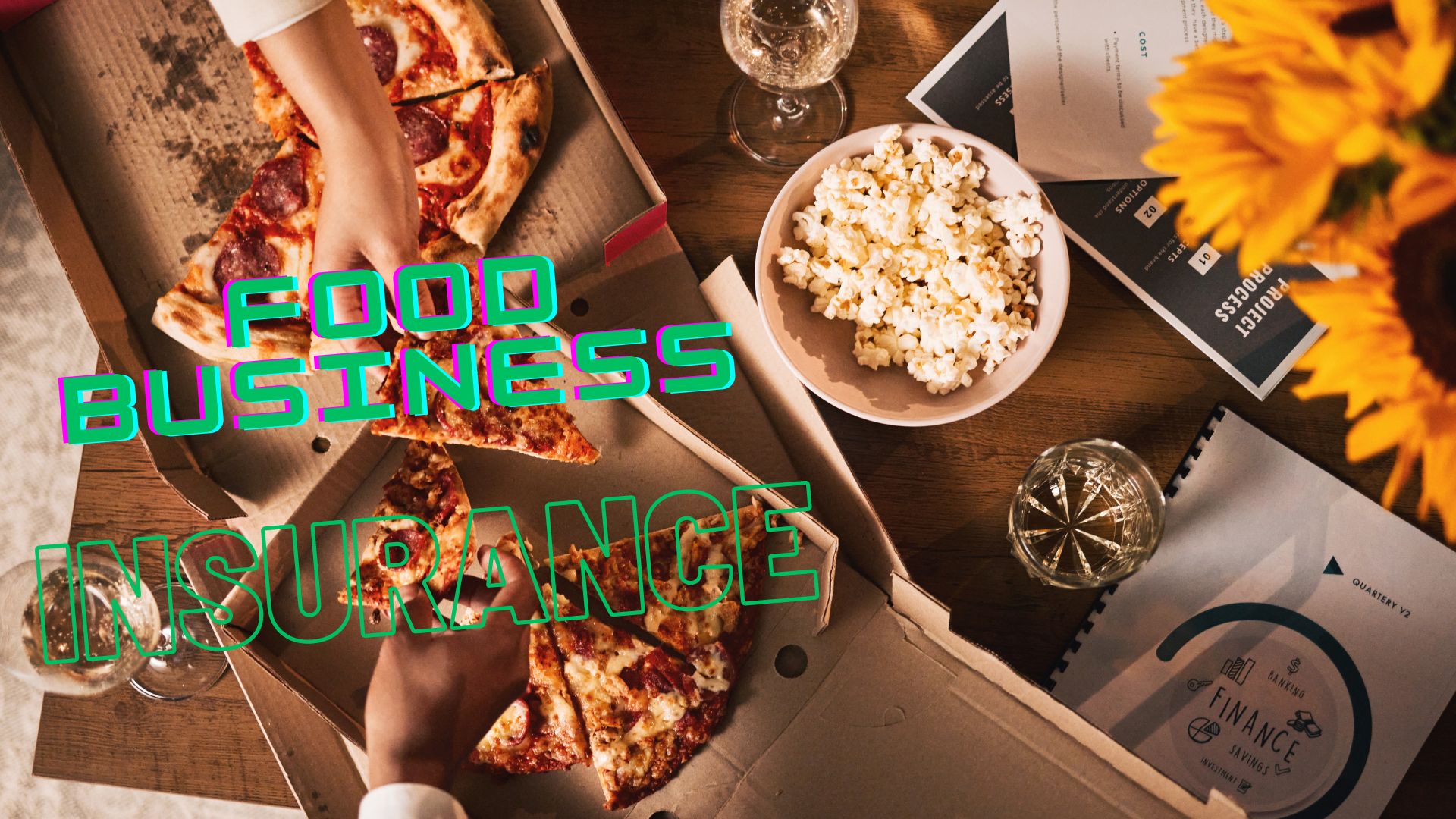Running a successful food business involves navigating various challenges, and one aspect often overlooked is insurance. In this article, we’ll explore the significance of food business insurance and how it can profoundly impact the success and sustainability of your venture.
Understanding Food Business Insurance
The food industry faces unique risks, from property damage to liability issues. Food business insurance encompasses various types, including property insurance, liability insurance, and business interruption insurance. Understanding these is crucial to safeguarding your business against unforeseen circumstances.
Risk Factors in the Food Business
Identifying potential risks is the first step in mitigating them. From natural disasters to accidents, the food business is susceptible to various challenges. Without insurance, the consequences can be financially crippling and legally complex.
Benefits of Food Business Insurance
Investing in insurance offers a safety net for your business. Financial protection ensures you can recover from losses, legal protection shields you from lawsuits, and the ability to rebuild after an incident is invaluable for long-term sustainability.
Types of Coverage
Property insurance covers physical assets, liability insurance protects against legal claims, and business interruption insurance helps cover lost income during downtime. Knowing the specific needs of your food business is crucial in choosing the right coverage.
Choosing the Right Insurance for Your Food Business
Assessing your business needs and consulting with insurance experts are essential steps in selecting suitable coverage. Tailoring insurance to your unique requirements ensures comprehensive protection without unnecessary expenses.
Cost Considerations
While insurance is crucial, it’s also essential to balance coverage with budget constraints. Factors influencing costs include business size, location, and the type of coverage needed. Striking the right balance is key to financial sustainability.
Case Studies
Real-life examples of businesses that have benefited from insurance highlight the practical impact. Learning from others’ experiences can provide valuable insights into the importance of being adequately covered.
Navigating Legal Requirements
Compliance with local regulations, obtaining necessary licenses, and permits are integral parts of operating a food business. Insurance helps businesses meet legal requirements, avoiding potential legal complications.
Common Misconceptions About Food Business Insurance
Addressing myths and misconceptions is crucial in emphasizing the importance of insurance. Dispelling misunderstandings ensures that businesses recognize the true value of being adequately insured.
Adapting to Changing Business Landscapes
In uncertain times, insurance becomes a crucial tool for businesses to adapt and survive. Future-proofing your business involves being prepared for unexpected challenges, and insurance provides that necessary buffer.
The Role of Technology in Insurance
Technological advancements have streamlined insurance processes, making it easier for businesses to manage their coverage. Embracing technology in insurance can simplify administrative tasks, allowing businesses to focus on their core operations.
Testimonials from Insured Businesses
Hearing positive experiences from businesses that have faced and overcome challenges with the help of insurance provides compelling evidence of its value. Testimonials reinforce the practical benefits and instill confidence in potential policyholders.
Steps to Take in Case of an Incident
Being prepared to respond to an incident is as crucial as having insurance itself. Reporting incidents promptly and collaborating with insurance providers can expedite the claims process, minimizing disruptions to your business.
In conclusion, food business insurance is not just a protective measure but a strategic investment in the sustainability of your venture. By understanding the various aspects of insurance, choosing the right coverage, and embracing it as a proactive business strategy, you can ensure the long-term success of your food business.
Frequently Asked Questions
Is insurance really necessary for small food businesses?
- Yes, insurance is essential for businesses of all sizes. It provides financial and legal protection, which is crucial, especially for small businesses with limited resources.
How can I determine the right type of coverage for my food business?
- Assess your business needs, consult with insurance experts, and consider the specific risks associated with the food industry to determine the most suitable coverage.
Does insurance only cover physical damages, or does it also include legal protection?
- Insurance includes both physical and legal coverage. It protects against property damage, liability issues, and legal claims, ensuring comprehensive protection.
Are there any government regulations regarding insurance for food businesses?
- Compliance with local regulations, licensing, and permits is essential. However, specific insurance requirements may vary by location, so it’s crucial to stay informed about local laws.
How can technology enhance the insurance experience for food businesses?
- Technological advancements in insurance streamline processes, making it easier for businesses to manage their coverage. This includes online platforms for policy management and streamlined claims processes.
